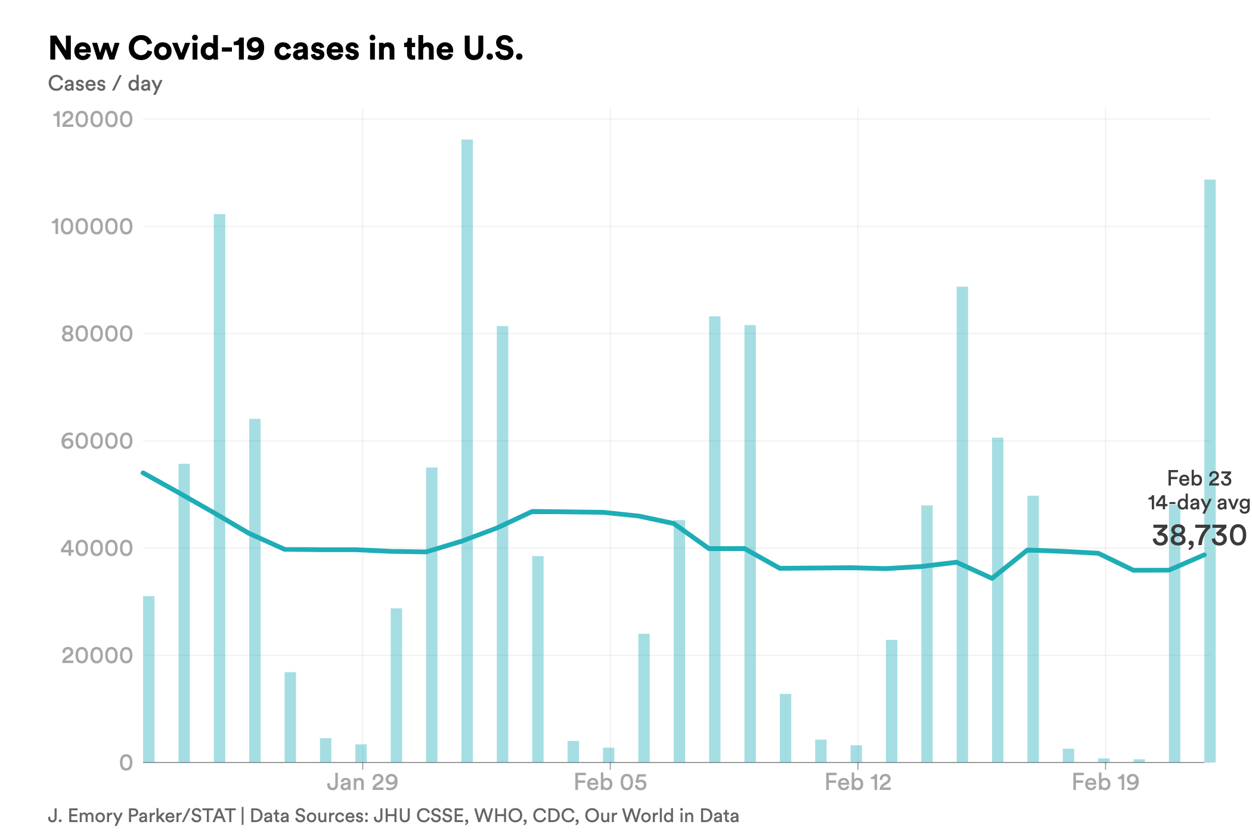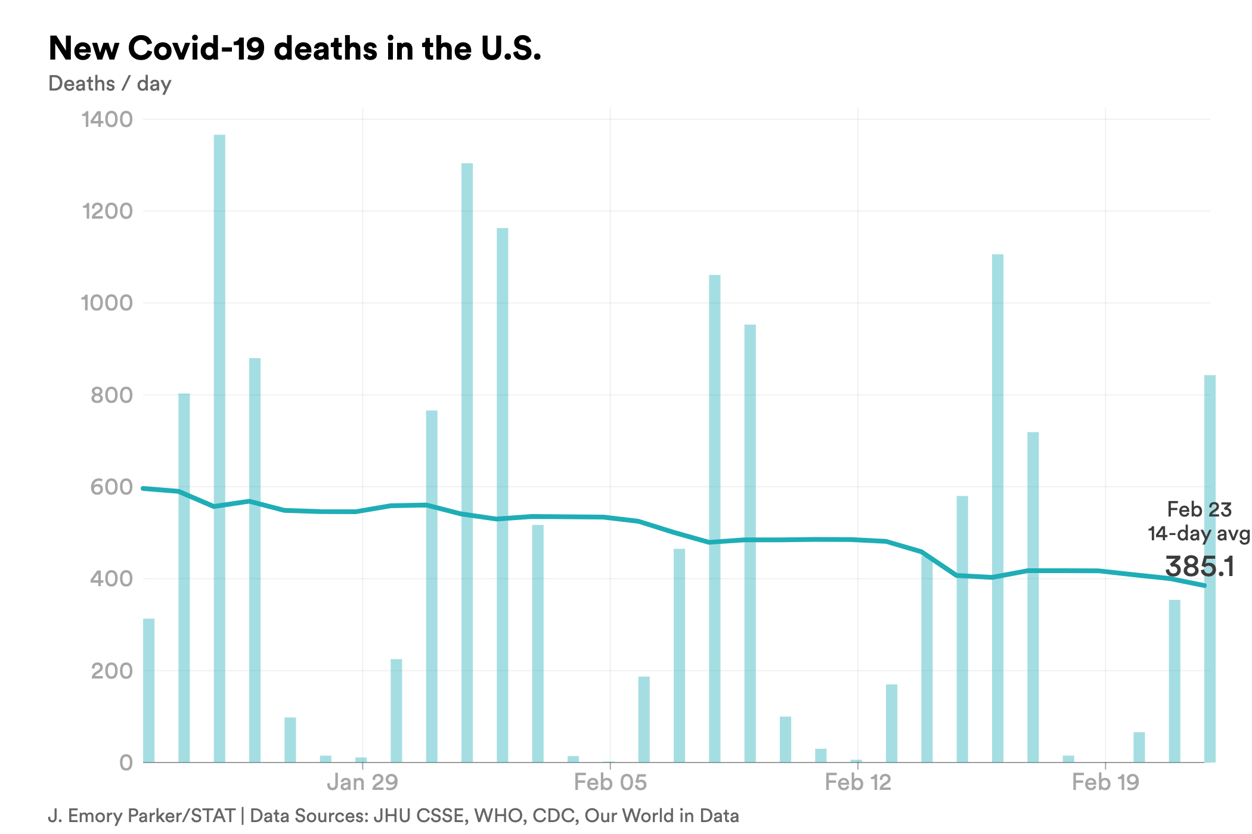Closer Look
For the 'chrono-curious,' another company is selling tests to estimate biological age
 Tally Health
Tally Health
Genetics professor David Sinclair is decidedly bullish: "We can drive aging now forwards and backwards at will," he told STAT's Megan Molteni. His Harvard lab recently outlined a new model to explain how aging works and might be reversed, based on mouse experiments that identified the epigenome — chemical modifications to DNA that flip genes on or off — as the primary driver of aging.
Now Sinclair has launched Tally Health to sell "epigenetic clock tests to the chrono-curious," Megan writes. Customers get their biological age (hard miles put on the body, not years lived), plus advice and supplements based on it. Tally, like its competitors, has plenty of skeptics. "These companies are layering on all this scientific language to give these tests a veneer of legitimacy, … when there's not good evidence to say there's a clear health benefit," Timothy Caulfield of the University of Alberta said. Read more.
health tech
Opinion: We need to make sure health companies play fair with patient data
She had me at "health policy wonk." In the first sentence of her STAT First Opinion, Jennifer Hinkel of the Data Economics Company describes herself as a health economist who's worked in pharma around the world, so I take her seriously when she says patients are being seriously exploited for their data, its value, and the profitability others derive from its aggregation and sale.
She thinks it's encouraging, for example, that the FTC fined GoodRx for breaking promises to users about not sharing their data with Facebook and Google. But much more should be done so people can bank the value of their health data, she argues. "People say they want … to freely share their data for scientific or research purposes that help others, but also to share in the upside when their data are highly valuable, such as when they help lead to the discovery of a multibillion-dollar drug." Read more.
coronavirus
Detecting Covid from wastewater at 30,000 feet
It's been almost a year since travelers were required to test for Covid-19 before boarding a plane. Meanwhile, around the world, wastewater testing has filled some gaps in understanding how the pandemic continues to spread and evolve. A new CDC report brings together wastewater testing and air traveler surveillance in — you guessed it — the plane's lavatory.
Last August and September, samples were collected from 88 international flights bound for the U.S. Of the 80 specimens tested, 65, or 81%, were positive for SARS-CoV-2, whether the flights came from the Netherlands, France, or the U.K. Sequencing identified all the genomes as Omicron lineages consistent with variants then circulating in Western Europe. "Aircraft wastewater monitoring can provide a complementary early warning system for the detection of SARS-CoV-2 variants and other pathogens of public health concern," the researchers say.
by the numbers


No comments